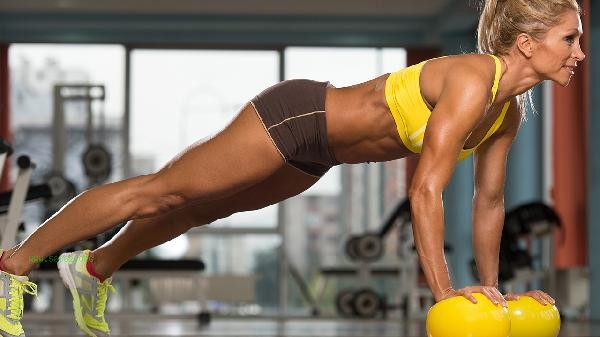The fitness effect is closely related to diet, and scientifically combining nutrients such as protein, carbohydrates, and fats can significantly improve training effectiveness. Fitness diet should pay attention to balanced nutrition, calorie control, timing of eating, hydration, and personalized adjustment.

1. Balanced nutrition
During fitness, it is necessary to ensure a reasonable ratio of the three major nutrients. High quality proteins such as chicken breast and egg white can promote muscle repair, and it is recommended to consume an appropriate amount of protein per kilogram of body weight. Composite carbohydrates such as oats and brown rice provide long-lasting energy and prevent low blood sugar after training. Healthy fats such as nuts and deep-sea fish oil help with hormone synthesis, and their daily intake should account for a certain proportion of total calories. Vegetables and fruits supplement vitamins and minerals to help maintain metabolic balance.
2. Calorie Control
During the muscle building phase, it is necessary to maintain a surplus of calories, consume an appropriate amount of calories daily compared to daily consumption, but avoid excessive accumulation of fat. During the weight loss period, a reasonable calorie deficit should be created, usually a certain proportion less than maintaining calories. Combined with strength training, muscle loss can be reduced. Suggest precise control through food scales and dietary records to avoid errors caused by sensory estimation.
III. Timing of Eating
Moderate supplementation of easily digestible carbohydrates such as bananas before training can improve athletic performance. Timely supplement protein and fast carbon after training, with the optimal time window being within a specific time period after the end of training. Consuming slow-release proteins such as casein before bedtime can help with nighttime muscle synthesis. Eating small and multiple meals daily can maintain stable blood sugar levels, but it is important to note that the total calorie intake should not exceed the standard.

4. Water supplementation
During fitness, it is necessary to supplement an appropriate amount of electrolyte water at specific intervals to avoid dehydration affecting exercise performance. The daily basic water intake should reach a certain standard, and additional supplementation is needed when sweating heavily. Sports drinks are only necessary when high-intensity training exceeds a specific duration, and daily drinking water should mainly be plain water or diluted salt water. Urination color is an important indicator for determining whether hydration is sufficient.
V. Individualized Adjustment
Adjust protein intake based on training objectives, with strength trainers having a higher demand than aerobic exercisers. Differences in metabolic rate lead to varying calorie requirements, which require regular evaluation and adjustment. People with food allergies or intolerance need to seek alternative sources of nutrition. Those with weak digestive function can choose serving of individual dishes or liquid supplement. Female fitness enthusiasts need to pay special attention to the supplementation of iron and calcium.

Fitness diet requires long-term adherence and continuous optimization. It is recommended to regularly conduct body composition testing and adjust the plan. Adequate protein powder can be supplemented before and after training, but it cannot replace regular meals to avoid long-term dependence on supplements. The main cooking method is steaming and baking, reducing the intake of fried foods. Keep a diversified diet to prevent nutritional deficiencies. Special groups such as diabetes patients need to develop diet plans under the guidance of doctors. Recording diet and training data can help analyze and improve, and sleep quality can also affect nutrient absorption efficiency. Adequate rest should be ensured.







Comments (0)
Leave a Comment
No comments yet
Be the first to share your thoughts!